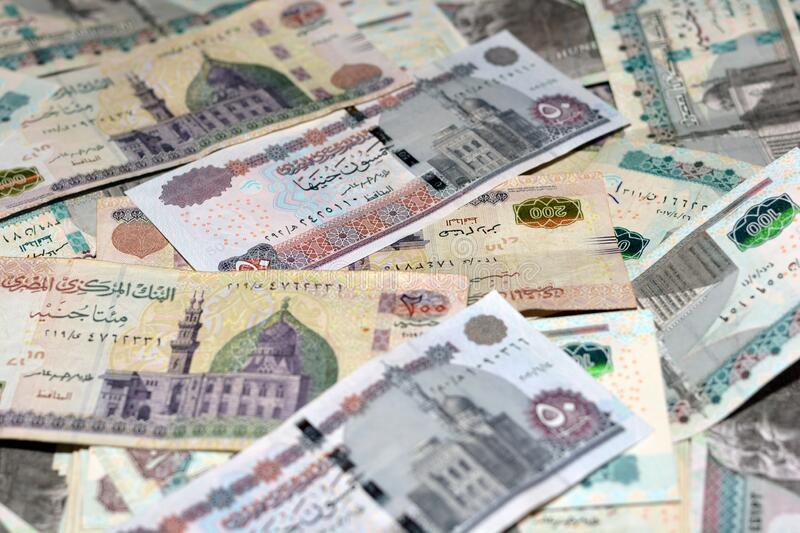Egypt's currency will weaken at a steeper pace than expected, although inflation is likely to decrease over the next few years, a Reuters poll showed.
The Egyptian pound, trading at 19.61 to the dollar on Wednesday, was expected to fall to 21.16 by the end of the current fiscal year, and as far as 22.08 by the end of the next, according to a Reuters poll taken October from 10 to 19.
In July, respondents had predicted a more conservative devaluation, reaching 19.86 by the end of the 2023/24 fiscal year.
A more flexible exchange rate has been indicated as a condition for new financing that Egypt began seeking this year from the International Monetary Fund, as the Russia-Ukraine war threw its already unsettled finances into further disarray.
Foreign investors pulled nearly $20 billion out of Egyptian treasury markets in a matter of weeks, while rising prices of oil and grain brought further pressure. Egypt began allowing its currency to depreciate in March, when it stood at 15.70 to the dollar, and this weekend the IMF and Egypt said an agreement on new financing was imminent.
"Cognisant of inflationary pressures, we think that authorities will continue to allow the currency to depreciate at a slow and gradual rate, as opposed to opting for an abrupt devaluation," said Callee Davis of Oxford Economics.
Economists expected lower levels of inflation in coming years - 12.8% by the end of the current fiscal year in June 2023 and 11.6% in the following year.
The predictions were higher than July's expectations of 10.0% and 10.4% across the two years, however.
The higher outlook is based on pressure on Egypt's currency and the uncertainty in global energy and food prices driven largely by the war, said Mona Bedeir, chief economist at Al Baraka Bank.










